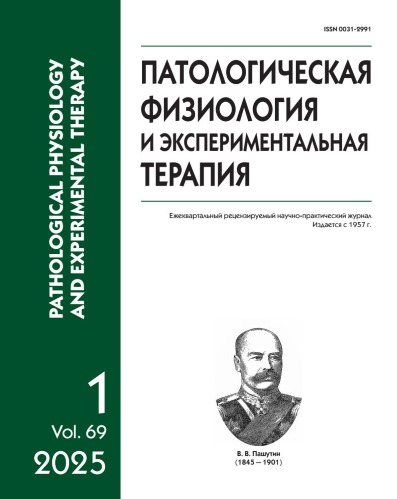The role of sugar substitutes in the nutrition and personalized management of patients with type 2 diabetes mellitus or prediabetic conditions: Molecular and genetic mechanisms
Abstract
This article reviews a personalized approach to sucrose replacement in the nutrition of patients with type 2 diabetes mellitus (T2DM) or its risk factors considering molecular and genetic mechanisms associated with individual variabilities in the treatment effect and disease progression. The authors showed the role of personalized therapeutic strategies in optimizing the treatment and patient care. The review of sugar substitutes, including the novel ones, such as a mixture of amino acids and polyols, addressed their molecular mechanisms of action to justify their potential use in the prevention of T2DM. Also, the article described how individual genetic variations may influence the efficacy and safety of specific sugar substitutes. Revealing the potential of personalized approaches based on molecular and genetic data can help more effective and individualized prevention and treatment of T2DM and other comorbidities, such as age-related processes mediated by the receptor for advanced glycation endproducts (RAGE).






